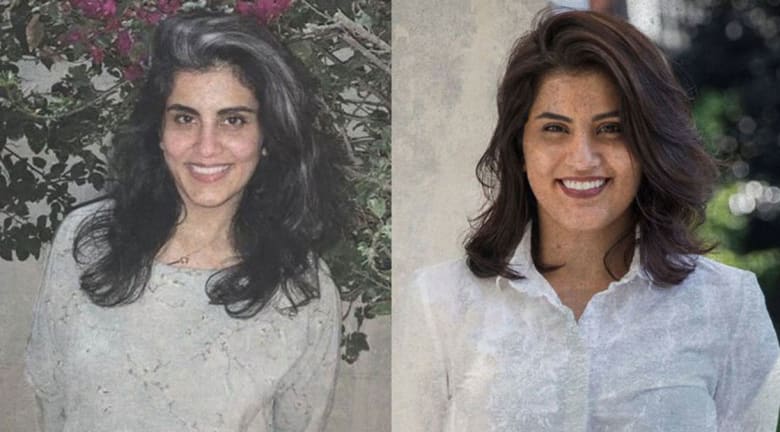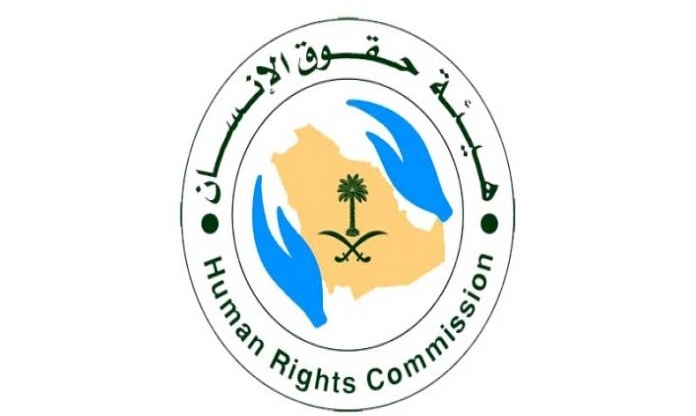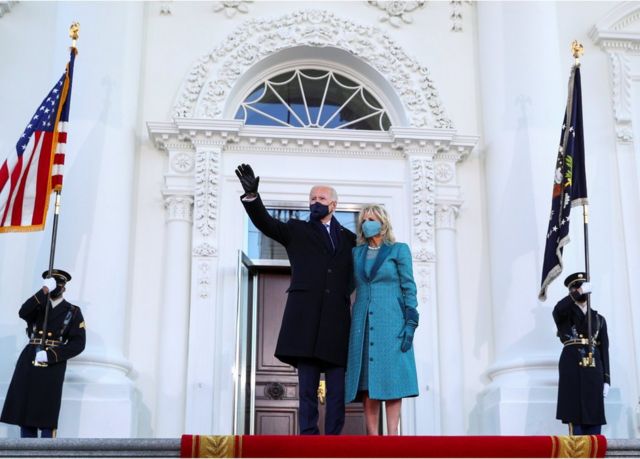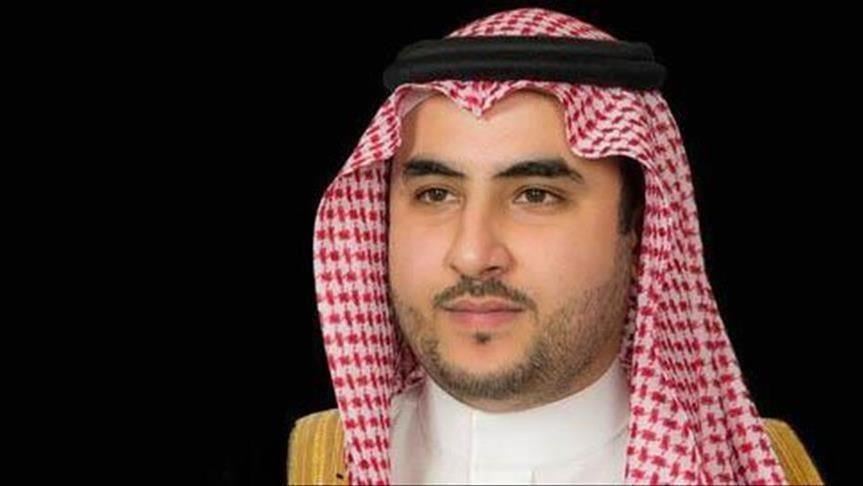Human Rights in Saudi: Disbelieving in Freedoms, yet making a show for the West

Over the past few days, news began to spread from Saudi Arabia about the release of a number of political detainees, including the feminist activist Loujain Al-Hathloul, Nouf Abdel Aziz, and others. International news began to speak about a change in human rights in Saudi, but how serious is this approach?

Human Rights Watch called on the Saudi authorities to adopt new legislation that entrenches human rights and gives children the right to freedom of expression and participation in protests against government discrimination.
It considered the reduction of the death penalty against Ali Mohamed Al-Nimr, as well as the Crown Prince’s announcement that the government will establish a penal code in order to protect human rights is a ray of hope, and that “the appalling Saudi penal system” may improve.
Human Rights in Saudi
On February 8, the Saudi Human Rights Commission announced that the authorities had reduced death sentences against Al-Nimr, Al-Marhoun, and Al-Zahir, to ten years in prison, under a law from 2018 prohibiting the death penalty against child offenders in some cases, and a decree from 2020 stipulating the possibility of retroactive application of the law.

Ali Al-Nimr and his companions were 17 and 15 years old when they were arrested in 2012, on charges related to participating in large-scale protests in the kingdom’s Shia-dominated Eastern Province. Years ago, the Terrorism Court ruled to execute all of them.
The international organization said that “the adoption of a Saudi penal code that supports basic rights will constitute a shift, however the authorities should not use the same broad criminal charges, which are used to silence peaceful critics and restrict basic rights.”
“One of the tests of the promised criminal reform now will be whether it will support the rights of children participating in protests against government discrimination, like Ali al-Nimr.”
The Saudi Human Rights Commission documented 27 executions in 2020, which it said represented 85% decrease compared to 2019.
According to Amnesty International, Saudi Arabia executed 184 people in 2019, half of whom were foreign nationals and six were women. These human rights movements come in less than a month after Joe Biden arrived at the White House.

The Exus website published a report on the signals sent by Saudi Arabia to the administration of Joseph Biden, to reflect its willingness to cooperate on human rights and Yemen files.
The website pointed to two events last week confirming these efforts, namely the release of the well-known activist Loujain Al-Hathloul, who led a campaign to lift the ban on women driving in Saudi Arabia, and the meeting of Saudi Foreign Minister Faisal bin Farhan with President Biden’s special envoy to Yemen Tim Lenderking in Riyadh.

The developments come in light of Biden’s statements during the election campaign in which he accused Saudi Crown Prince Mohamed bin Salman of involvement in the murder of journalist Jamal Khashoggi, and his assertion of stopping arms exports to Saudis and making them “pariahs as they are.”
Biden moved after entering the White House to suspend arms deals to Saudi Arabia, stop US support for the Yemen war, and cancel the Donald Trump administration’s decision to classify Al-Houthis as a terrorist movement.

Saudi Arabia did not make public statements critical of the recent developments, and its leaders are trying to deal with the new reality through private talks with the new administration.
Deputy Defense Minister Khalid bin Salman, brother of Mohamed bin Salman who is close to him, commented positively on Biden’s statements in which he pledged to help Saudi Arabia defend itself. The foreign minister discussed with Lenderking ways to reach a peaceful settlement of the war in Yemen.

Al-Hathloul’s release after two and a half years in prison was a second indication of Saudi Arabia’s desire to avoid a clash with the Biden administration on the issue of human rights, after her arrest sparked international condemnation.
Among the Saudi attempts to avoid clashes, the announcement of a judicial reform that allows a civil law to be used alongside the Islamic law.
On Friday, Anthony Bleniken, the foreign minister, called the foreign minister after contacting a number of foreign ministers of the Arab countries, in which he emphasized taking steps in the field of human rights and ending the war in Yemen.
more: Dr Saleh Al Talib: The Imam of the Holy Mosque in Mecca who turned into a prisoner in Saudi cells




